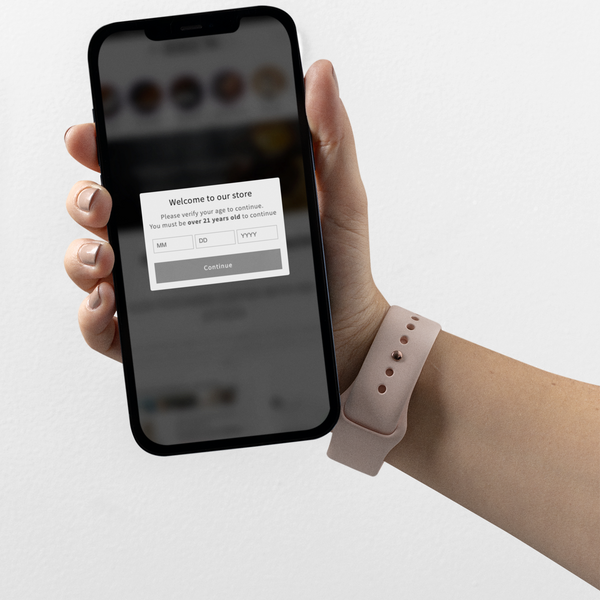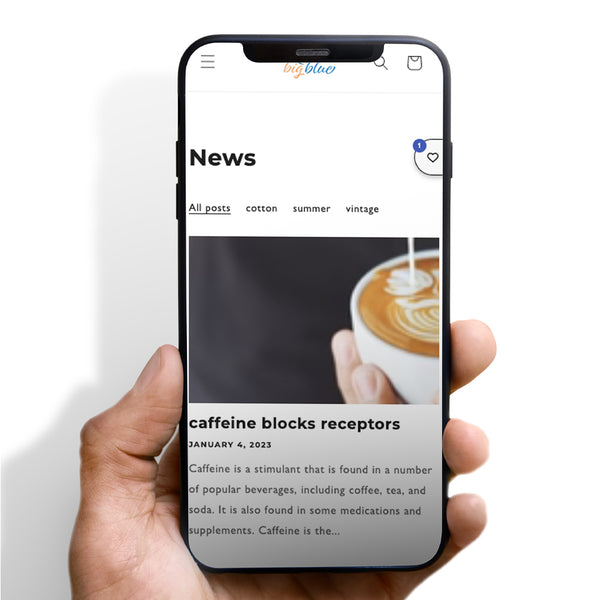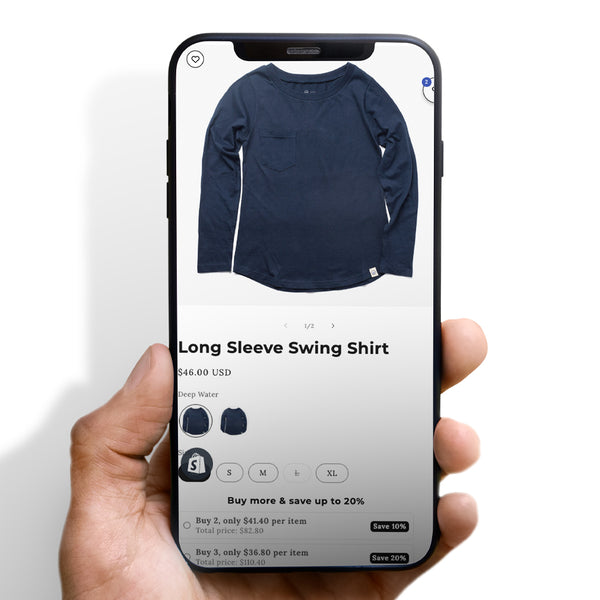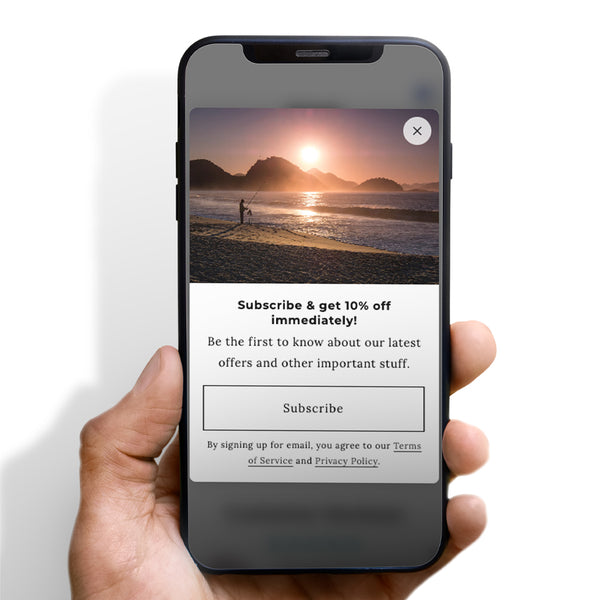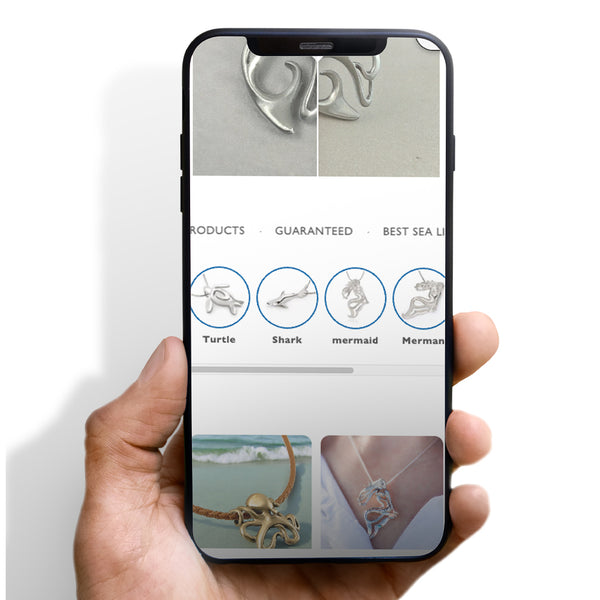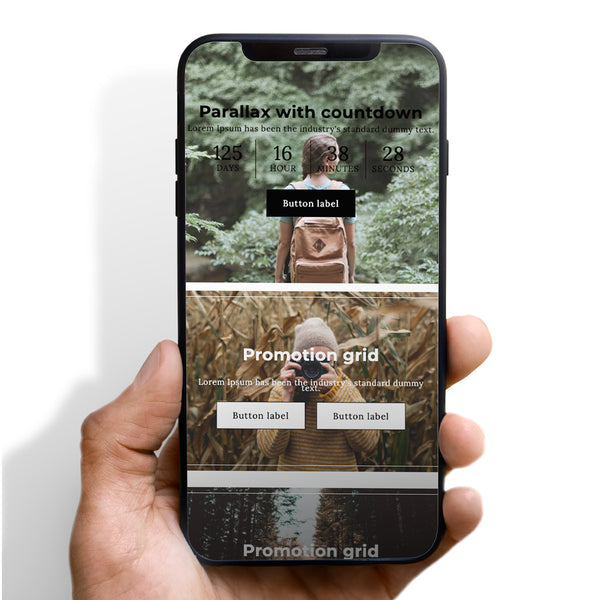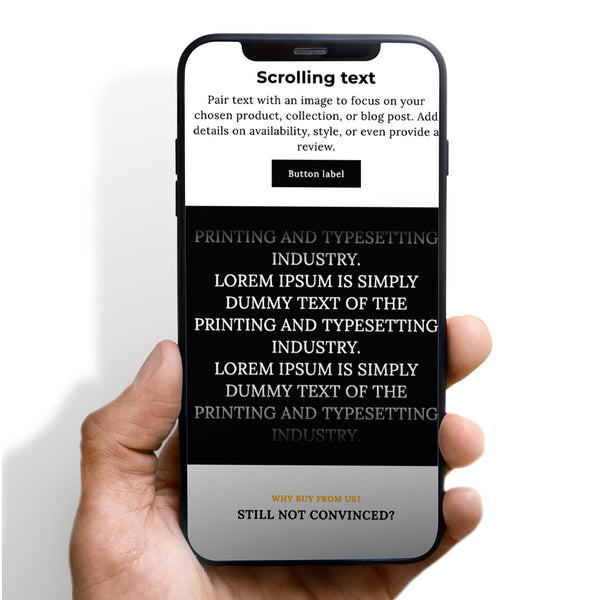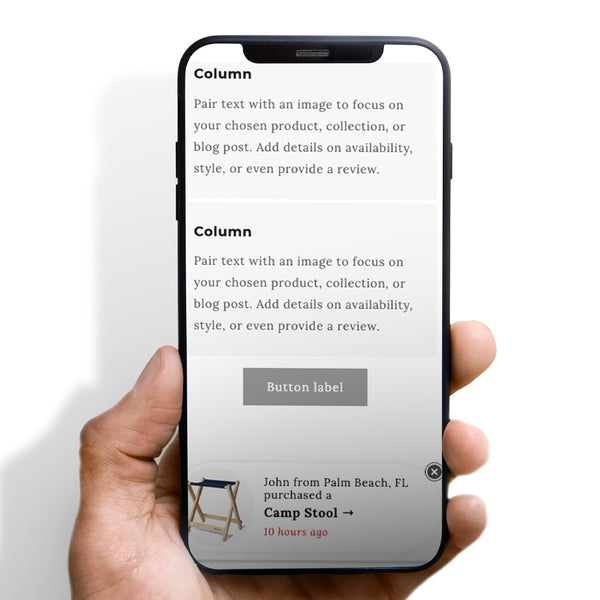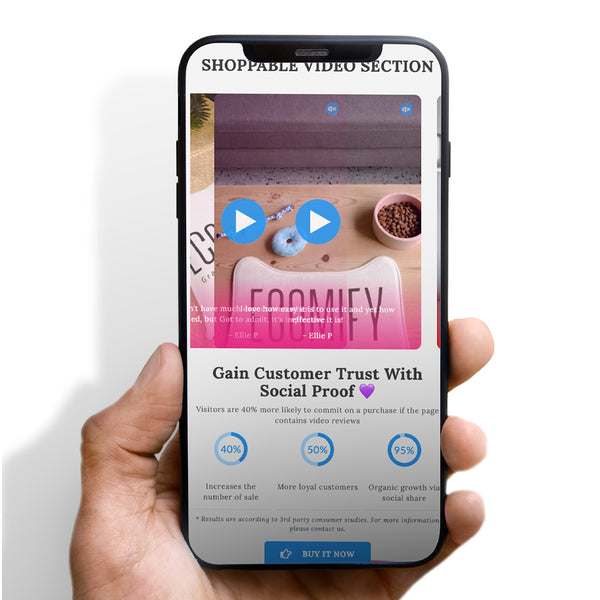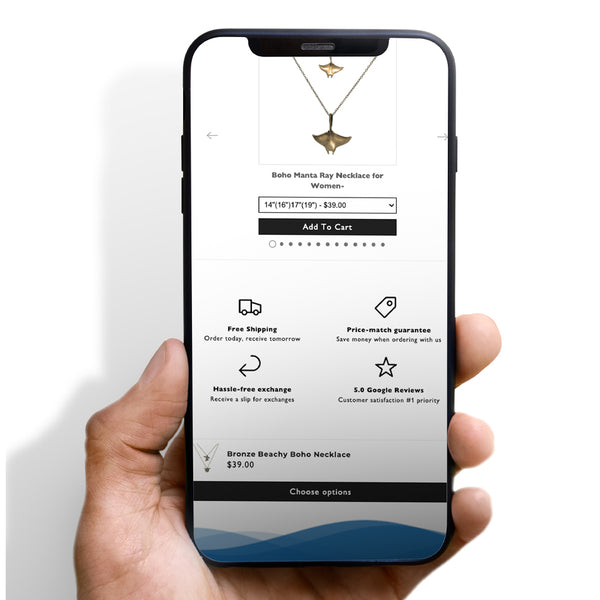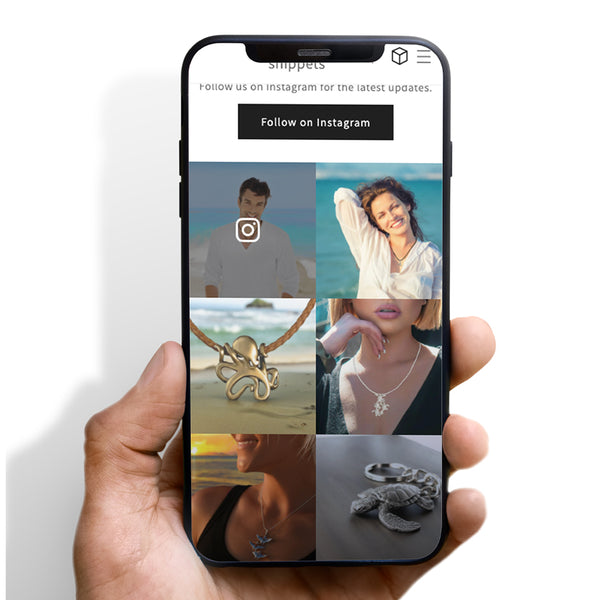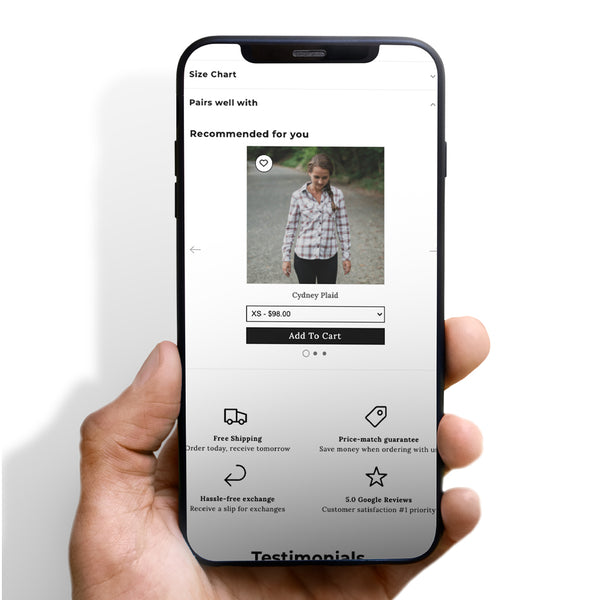Is there anything you do to keep your sales website in good shape as an online company owner? It's important to keep an eye on your website's performance, even if you've spent a lot of money on hiring programmers to develop it. Is your website actually optimized? Whatever stage of company you're in, this article will help you get the most out of your online presence. There is no doubt that this essay has taught you something new.
A lightweight Shopify theme
As we can see, a Shopify theme is a template that customizes the appearance and feel of your online business. The Shopify theme shop has a variety of themes with varying layouts, designs, and customer experiences. The interface you choose has a significant impact on how your shop attracts, engages, and converts customers.
That is why the Shopify theme you choose is essential to the success of your company. Apart from a beautiful UI that is responsive to the user experience, it is critical that the theme be lightweight to avoid slowing down the website. With lightweight themes, you can provide users with the fast-loading pages they want. When transfer speeds are high, it has a positive effect on search rankings, conversions, and bounce rate.
Reduce large image sizes
Google promotes and appreciates websites that use pictures and videos to help readers grasp the information. Adding too many or huge photos to an article can slow down the website's page load time. You must examine the picture size since photos are one of the causes of delayed loading. To increase page loading speed and storage capacity, optimize copyright, image name, size, and format before adding photographs to the website.
Thus increasing Top Google SEO and user experience on the website. Reducing picture size helps speed up your website. Just a few seconds saved may make a major impact in how visitors perceive your site.
Compress images
Visual attractiveness bypasses linguistic barriers to offer people numerous feelings. Images draw users' attention and enhance their perception of the website, creating a feeling of ease and relaxation. It also helps people recall information. Instead of words, you may show the viewer a picture, gif, video, or graph. To submit images to a website that has attractive, proper image quality and is not huge, you must optimize the image before uploading it.
This will speed up your page. In other circumstances, like screenshots, you want to minimize the picture size but preserve the quality, therefore employing image compression is the best option. These days, anybody may readily utilize internet image compressing tools and applications. You must choose the appropriate technique. A website that loads quickly will benefit Top Google SEO and the user experience.
Replace GIFs with static images
GIF stands for Graphics Interchange Format and was created by CompuServe in 1987 for the purpose of sending pictures over minimal traffic. Format for pictures with less than 256 colors per frame. In order to reduce file size without compromising picture quality, GIF is created.
GIF images may be utilized if your Internet connection is unreliable, allowing users to use less vivid photographs, moving visuals, and fascinating little icons. Not to mention optimizing them. The problem is that photos with more than 256 colors cannot be compressed into GIF files, thus using still photographs is preferable than using GIF images. Moreover, GIF assets are huge. Replacing GIFs with static pictures may result in considerable resource savings and enhanced Shopify performance optimization.






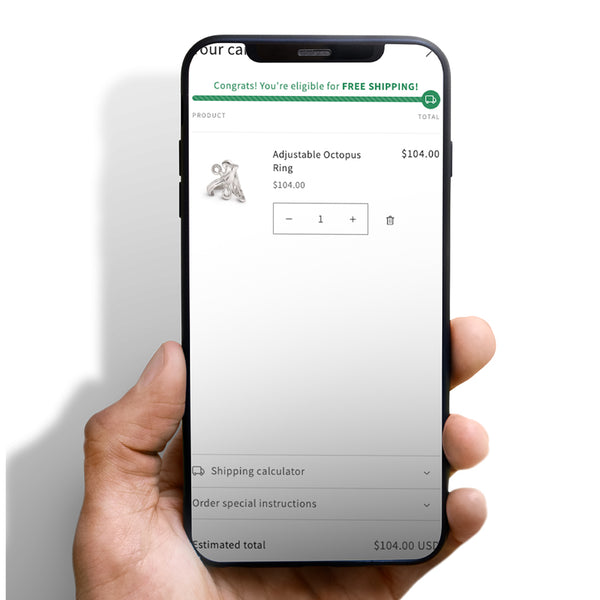
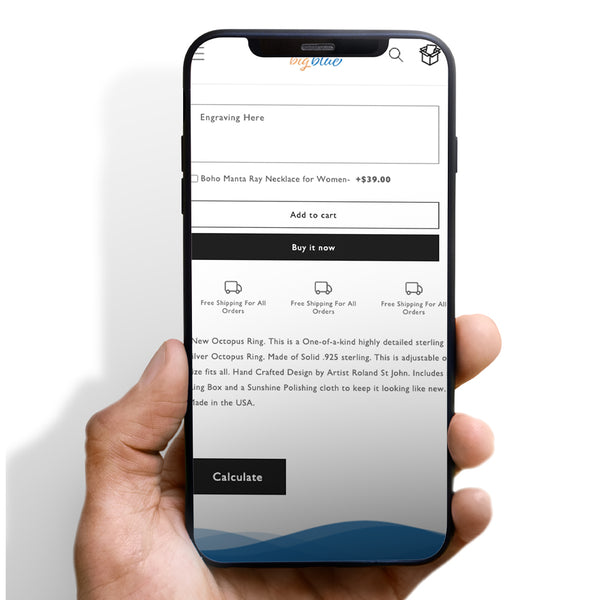

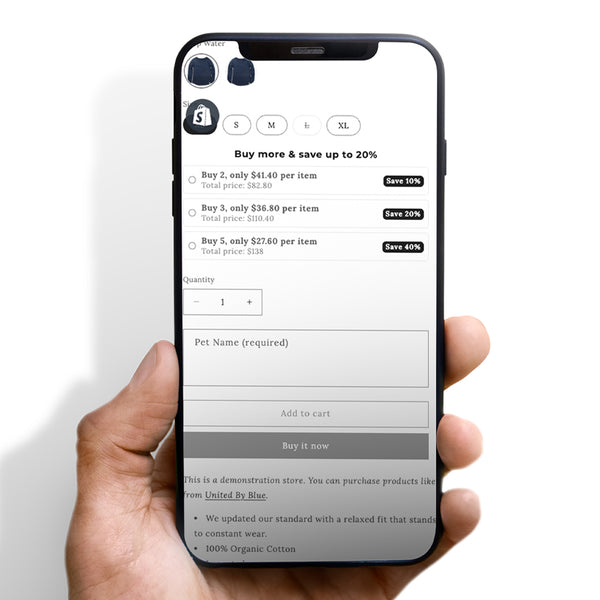
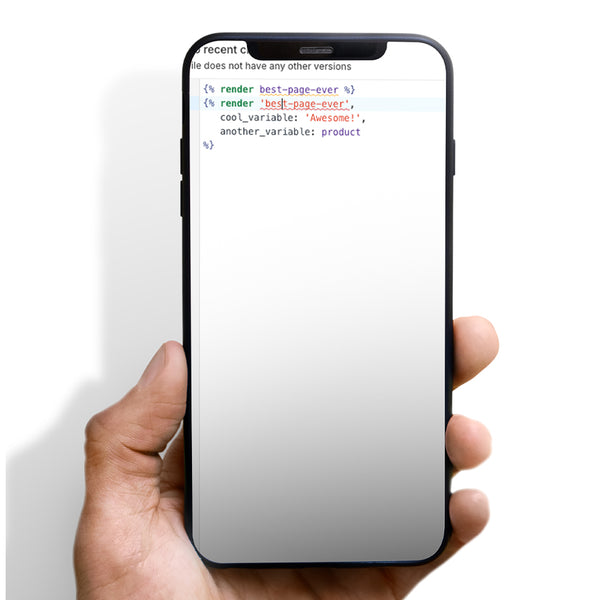


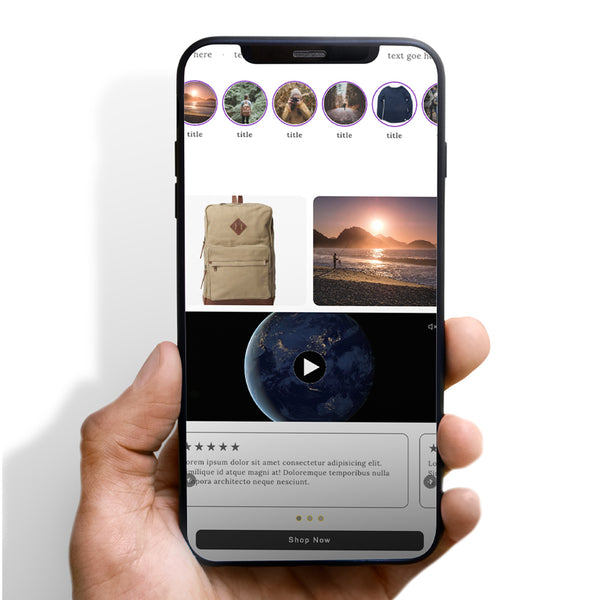





 5/5 from 144 reviews
5/5 from 144 reviews



